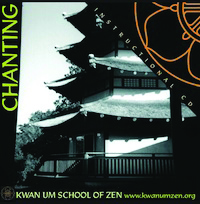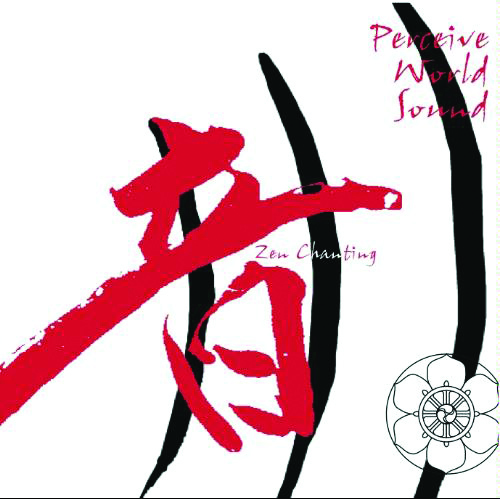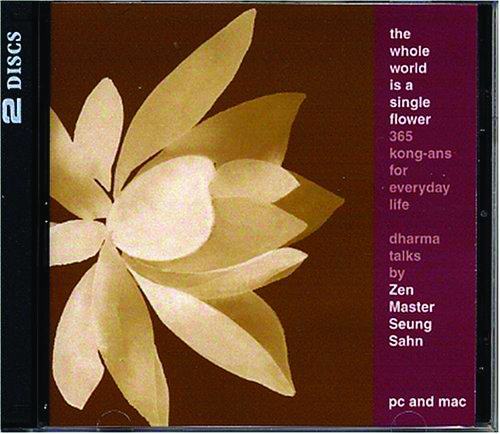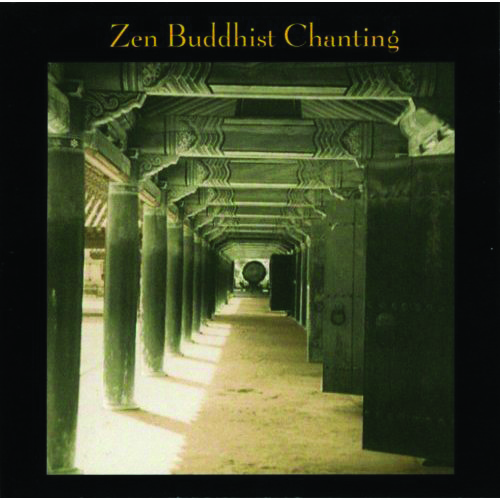Primary Point Magazine
Zen Master Seung Sahn
This collection captures a master’s thoughts during everyday life—while traveling, talking on the phone, attending a friend’s funeral.
Out-of-print
Zen Master Seung Sahn. Compiled and edited by Hyon Gak Sunim.
The Compass of Zen is a simple, exhaustive—and often hilarious—presentation of the essence of Zen by a modern Zen Master of considerable renown. In his many years of teaching throughout the world, the Korean-born Zen Master Seung Sahn has become known for his ability to cut to the heart of Buddhist teaching in a way that is strikingly clear, yet free of esoteric and academic language. In this book, based largely on his talks, he presents the basic teachings of Buddhism and Zen in a way that is wonderfully accessible for beginners—yet so rich with stories, insights, and personal experiences that long-time meditation students will also find it a source of inspiration and a resource for study.
Compiled and edited by Stephen Mitchell.
A delightful, irreverent, and often hilarious record of interactions with Western students.
Here is the inimitable Zen Master Seung Sahn up close and personal—in selections from the correspondence that was one of his primary modes of teaching. Seung Sahn received hundreds of letters per month, each of which he answered personally, and some of the best of which are included here. His frank and funny style, familiar to readers of Dropping Ashes on the Buddha, is seen here in a most intimate form. The beloved Zen master not only answers questions on Zen teaching and practice, but applies an enlightened approach to problems with work, relationships, suffering, and the teacher-student relationship.
This book presents the system of ten koans that Zen Master Seung Sahn came to call the “Ten Gates.” These koans represent the basic types one will encounter in any course of study. Each of the ten gates, or koans, is illuminated by actual interchanges between Zen Master Seung Sahn and his students that show what the practice is all about: it is above all a process of coming to trust one’s own wisdom, and of manifesting that wisdom in every koan-like situation life presents us with.
A major figure in the transmission of Zen to the West, Zen Master Seung Sahn was known for his powerful teaching style, which was direct, surprising, and often humorous. He taught that Zen is not about achieving a goal, but about acting spontaneously from “don’t-know mind.” It is from this “before-thinking” nature, he taught, that true compassion and the desire to serve others naturally arises. This collection of teaching stories, talks, and spontaneous dialogues with students offers readers a fresh and immediate encounter with one of the great Zen masters of the twentieth century.
Zen Master Seung Sahn.
The first kong-an collection to include Christian and Taoist kong-ans, together with well-known Japanese kong-ans, previously unknown kong-ans from the Korean Zen Buddhist tradition, and new kong-ans created by Zen Master Seung Sahn. An essential addition to a Zen library, and indispensable to any serious kong-an student.
Books by other Kwan Um Teachers
Learn to cultivate a clear mind, improve your intuition, feel naturally at ease, and generate the compassionate wisdom to face whatever arises.
Barbara Rhodes offers the Korean Zen teaching of don’t-know mind as an antidote to the overthinking, overly-stimulating modern world that is the cause of so much suffering. Rhodes shows us that there are ways we can work with, or “compost,” whatever we’ve got in front of us, digest it into energy that can get us through the rough times, and cultivate a satisfying life. And she offers fascinating insights from her professional life as a nurse, commitment to engaged Buddhism, life experience as a member of the LGBTQ community, use of psychedelics on her spiritual path, and more.
"Don't-know mind" is our enlightened mind before ideas, opinions, or concepts arise to create suffering. Practicing with don't-know mind has long been a central concern of Korean Zen. Here, an American Zen master in the Korean lineage brings the teaching to life by using stories about the Chinese and Korean Zen masters as jumping-off points for his own teaching. Don't-Know Mind is a clear, direct, and heartfelt presentation of Zen teaching applicable to anyone, both for formal practice and for all the rest of life.
Zen koans are stories of exchanges between Zen masters and their disciples at the moment of enlightenment or near-enlightenment. These stories have long fascinated Western readers because of their wisdom, humor, and enigmatic quality. Drawing on over thirty years of practice and teaching, Richard Shrobe (himself a recognized Zen Master) has selected twenty-two cases from The Blue Cliff Record, Book of Serenity, and Wu-men-kuan that he has found to be deeply meaningful and helpful for meditation practice. In Elegant Failure, he provides a wealth of background information and personal anecdotes for each koan that help to illuminate its meaning without detracting from its paradoxical nature. As Shrobe reminds us, “The main core of Zen teaching is the bare bones of what is there. In a certain sense, embellishing a story takes away from the central teaching: Don’t embellish anything, just be with it as it is.”
American teacher of Korean Zen Jane Dobisz (Zen Master Bon Yeon), recalls her first solitary meditation stint in the woods. Luckily, this is not just a recounting of a winter's worth of cabin fever. Instead, Dobisz takes us into her cabin, and into her mind, as she tries—at least temporarily—to live a Walden-like existence.
Teachings of a Zen Master who is also a husband, father, practicing Gestalt therapist and musician.
Translated and edited by Zen Master Dae Kwang, Hye Tong Sunim, and Kathy Park.
Zen Master Man Gong (1872-1946) received transmission from Zen Master Kyong Ho, and is one of the truly towering figures in modern Korean Zen. He and his students played a central role in re-establishing the Buddhist tradition in Korea after centuries of suppression during the Chosan dynasty. Zen Master Man Gong was the grand teacher of Zen Master Seung Sahn.
Dharma is not dependent on words. However words can point to the Way.
May all beings be free from suffering.
May all beings realize our original nature and help others endlessly.
May all beings be blessed with peace.
Zen Master Wu Bong
“Keeping a ‘don’t know’ mind means cutting off all thinking. Cutting off all discursive thoughts takes us to the wellspring of our true nature, and brings us to the present moment. What are you doing just now? Paying attention to this moment is what Zen practice is all about…” (Zen Master Wu Bong)
Media
Zen Master Man Gong (1872-1946) received transmissions from Zen Master Kyong Ho, and is a towering figure in modern Korean Zen. He was a pioneer in teaching Zen Buddhism to laypeople, and played a central role in re-establishing the Buddhist tradition in Korea after centuries of suppression during the Chosun dynasty. Zen Master Man Gong was the grand teacher of Zen Master Seung Sahn (1927-2004), the founder of the international Kwan Um School of Zen.
In keeping with the Zen tradition, the exchanges between Man Gong and his students have exercised considerable influence on Zen students as teaching vehicles.
The morning and evening bell chants, daily chants, plus special chanting. If you’re ordering this CD to learn the chants, we suggest that you also order a copy of the chanting book if you don’t already have one.
Historic recording with Zen Master Seung Sahn of the morning and evening bell chants and the daily chants done at the Kwan Um School Centers.
Zen Master Seung Sahn
CD-ROM version for Mac and PC. Audio recordings of Zen Master Seung Sahn’s commentaries together with the full text of the kong-an collection. 2 discs.
Chanting by Korean monk Hye Tong Sunim. Includes Thousand Eyes and Hands Sutra, Kwan Seum Bosal chanting, Sashi Maji chanting, Homage to the Three Jewels, The Four Mantras, and an extended version of Kwan Seum Bosal chanting.



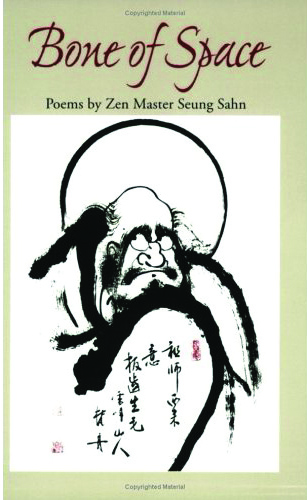
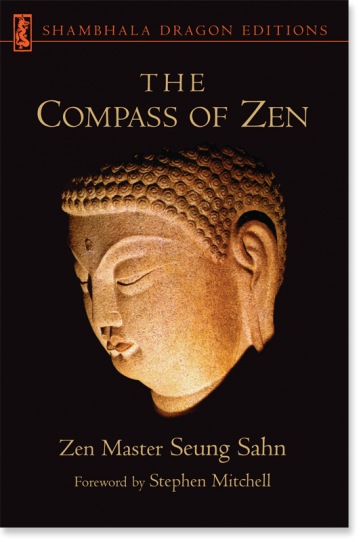
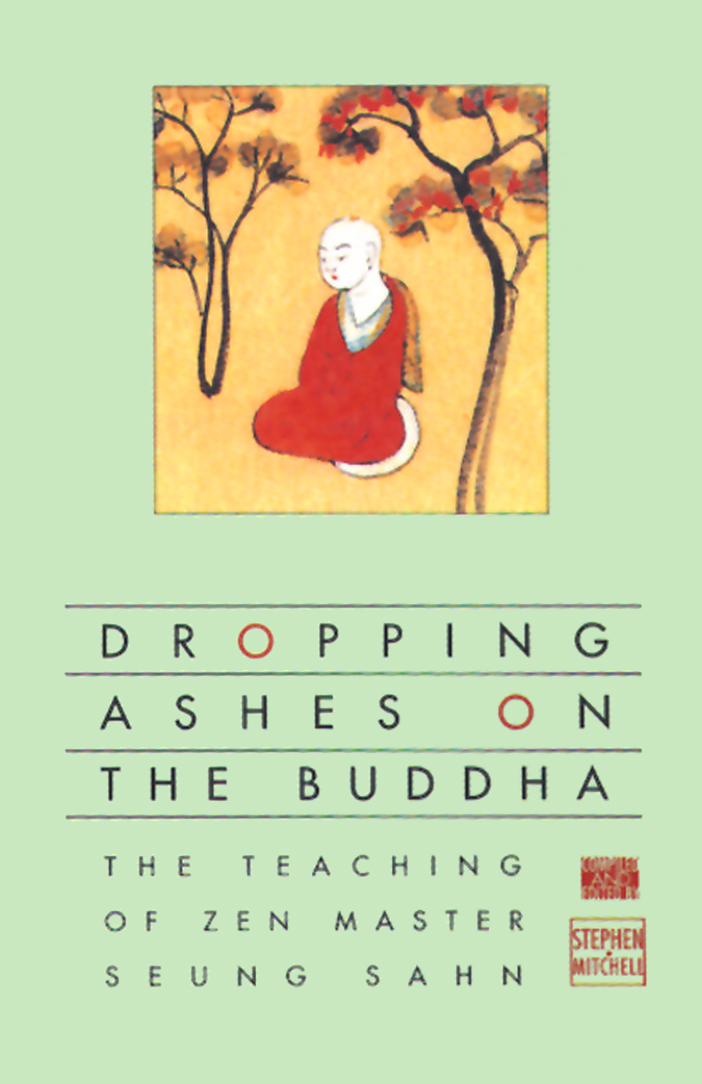
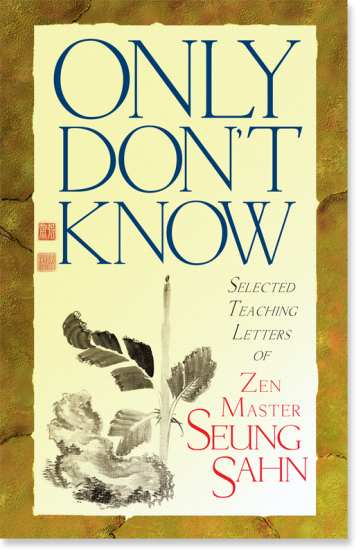

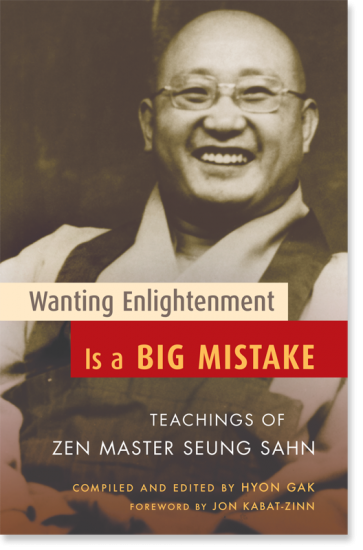
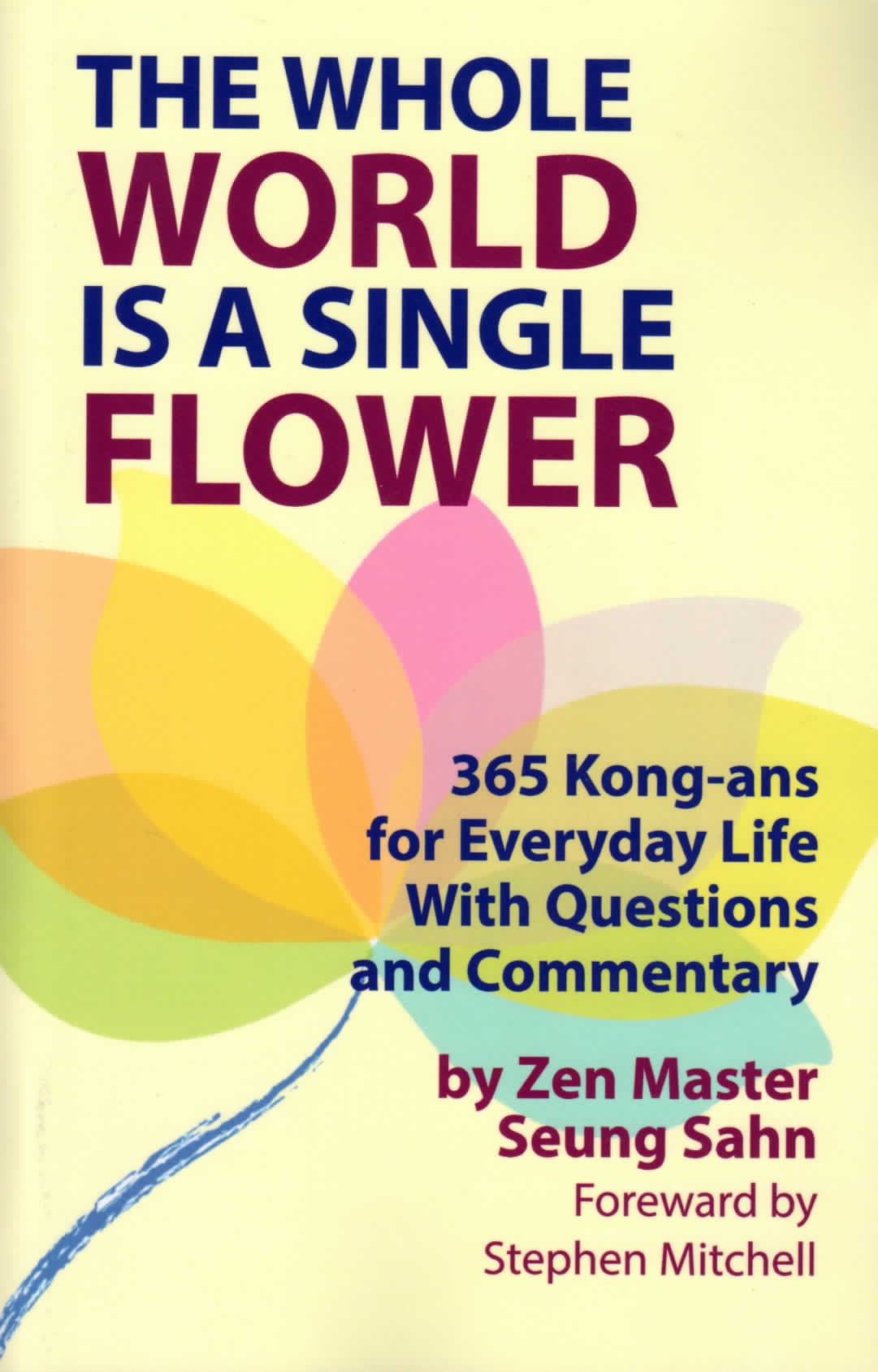
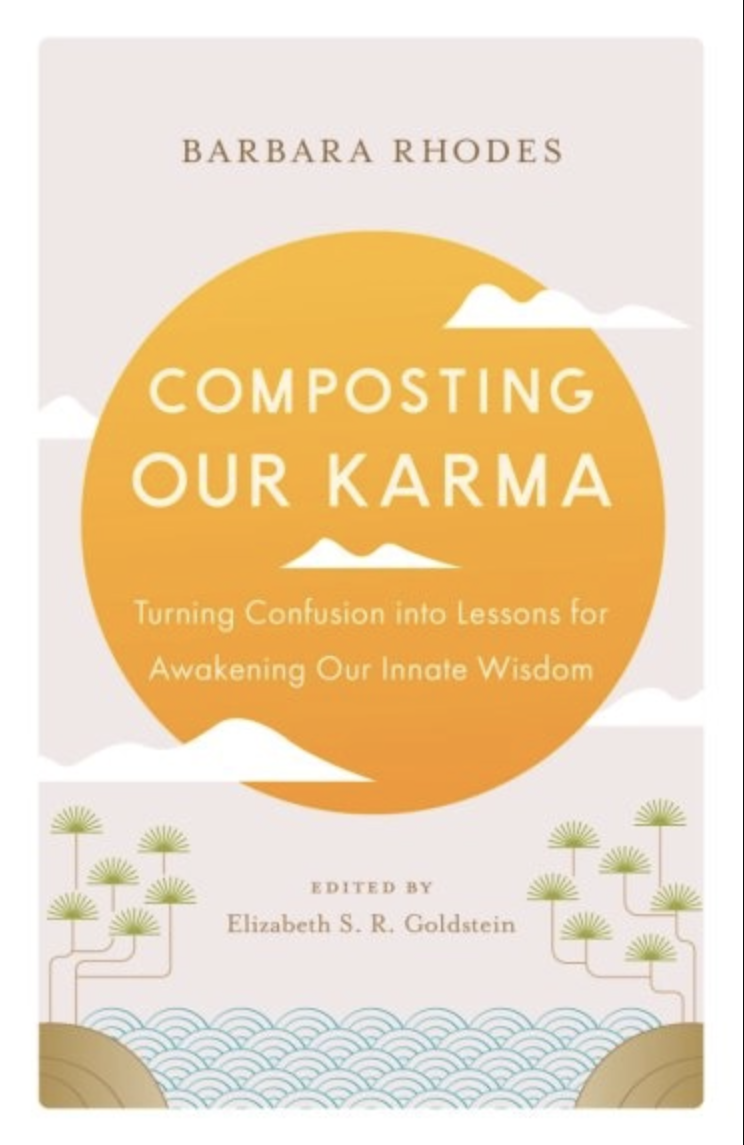
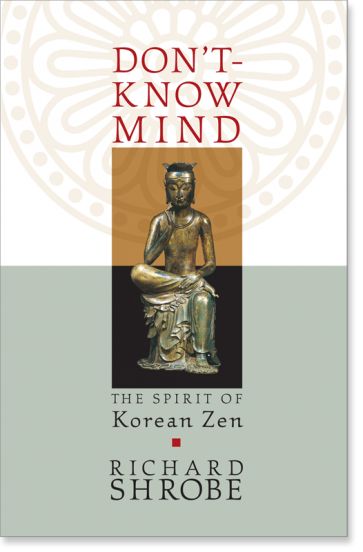
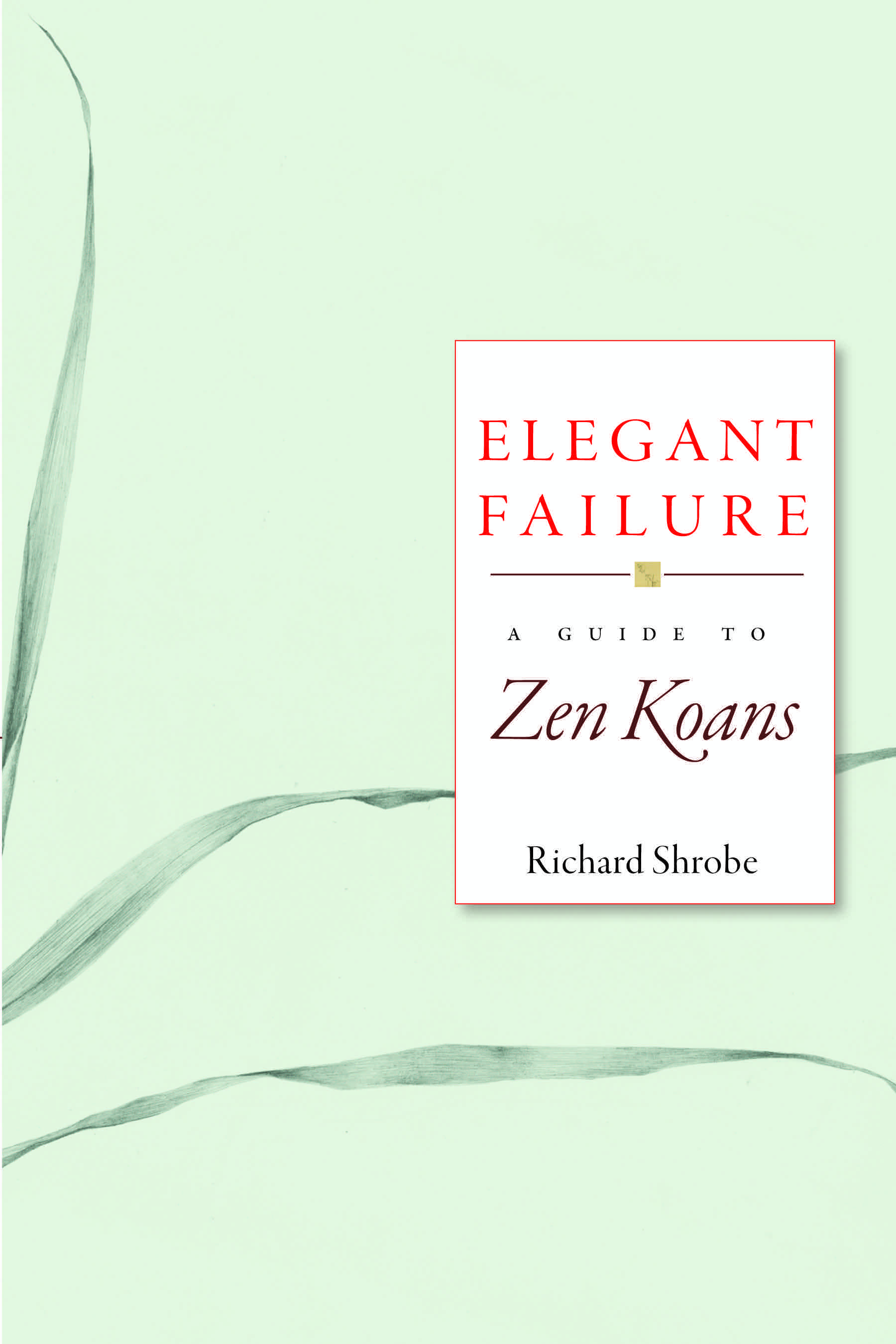
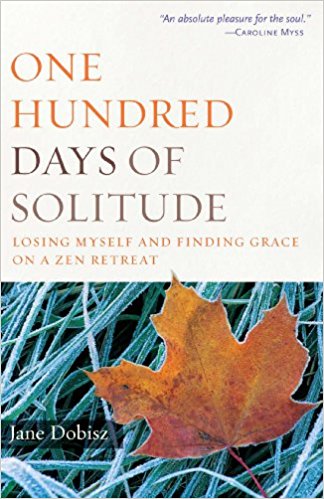
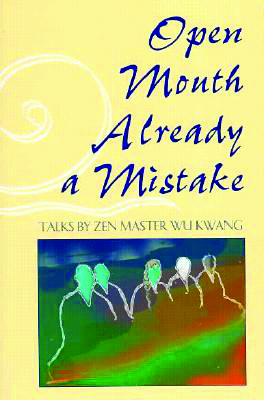
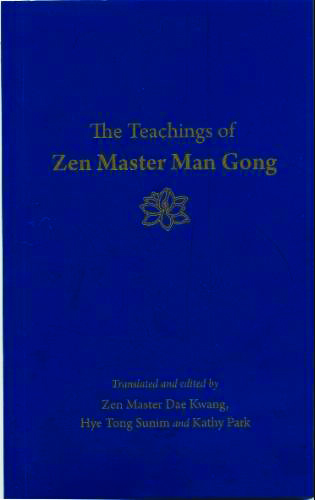
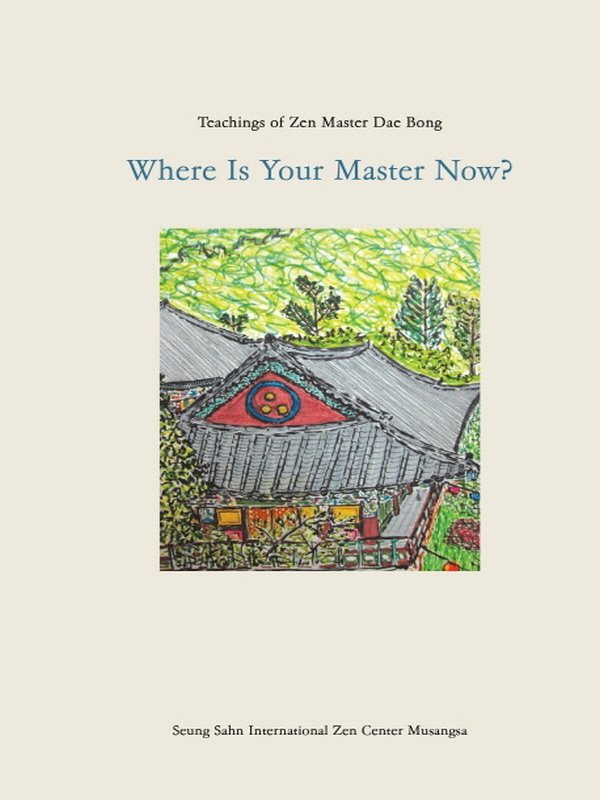
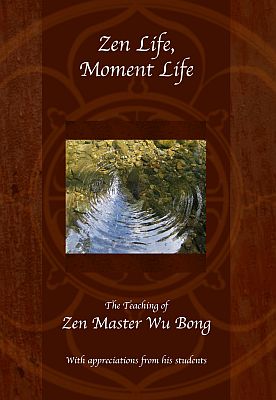
![The Teachings of Zen Master Man Gong [Audiobook]](https://images.squarespace-cdn.com/content/v1/58d013bbe58c6272b30dad0b/1535443331644-XHREBSXG0OY8HPFR0LZS/teachings_man_gong_audio.jpg)
